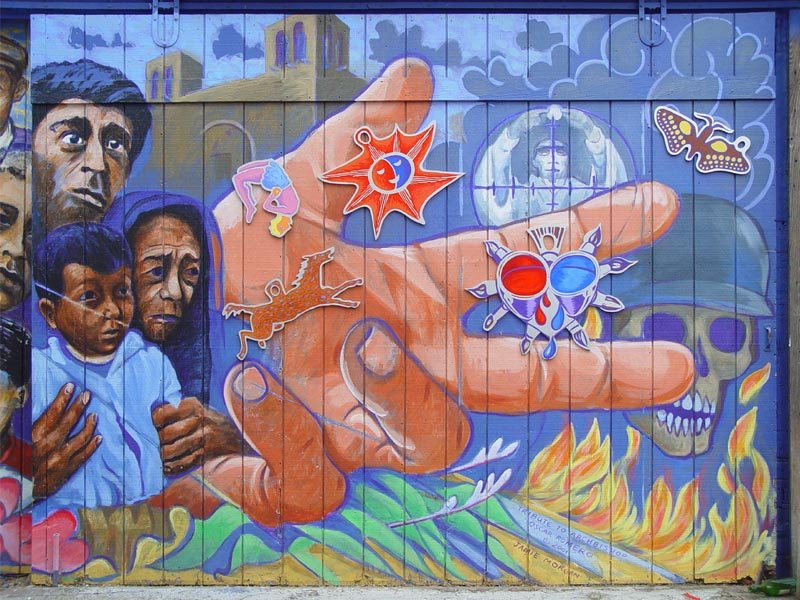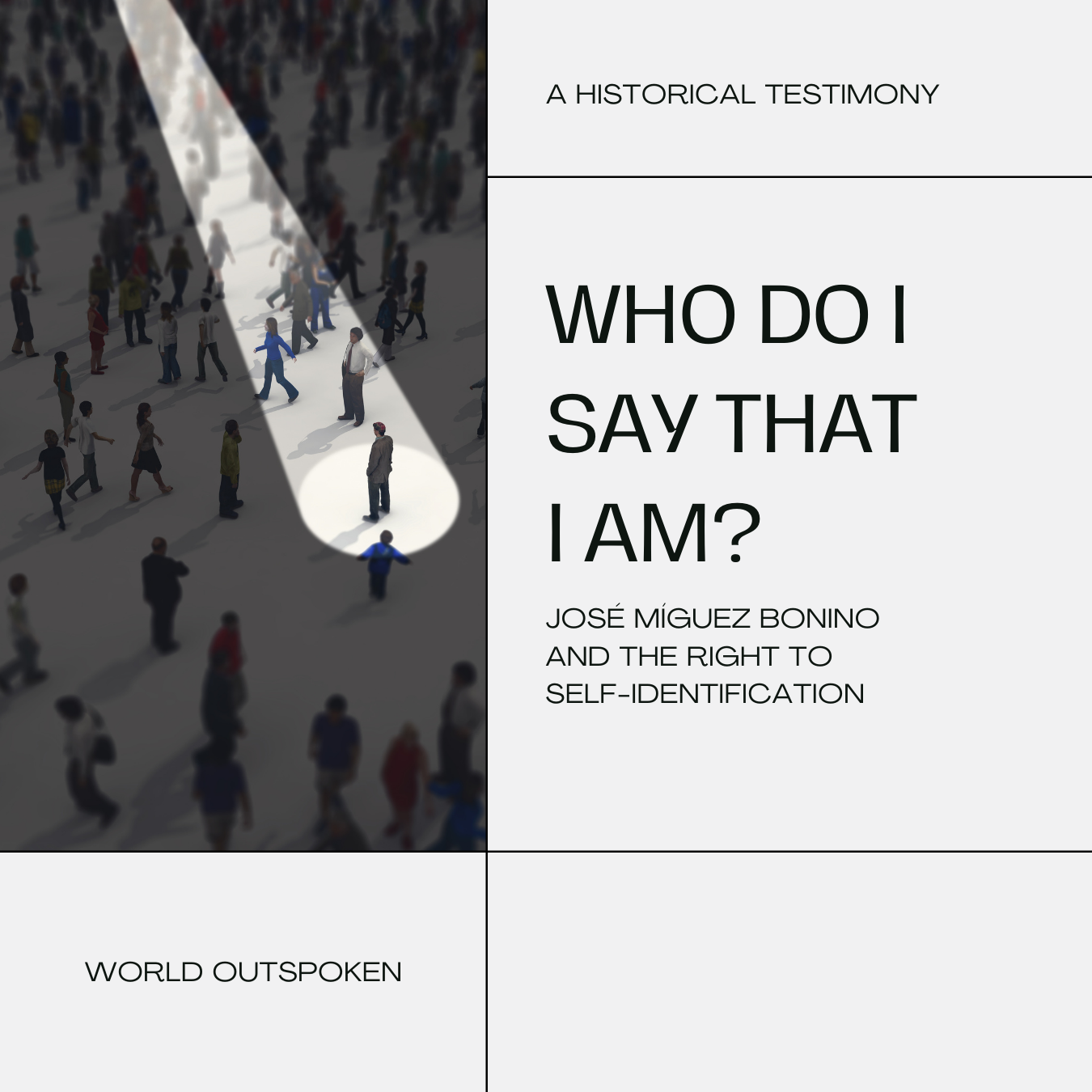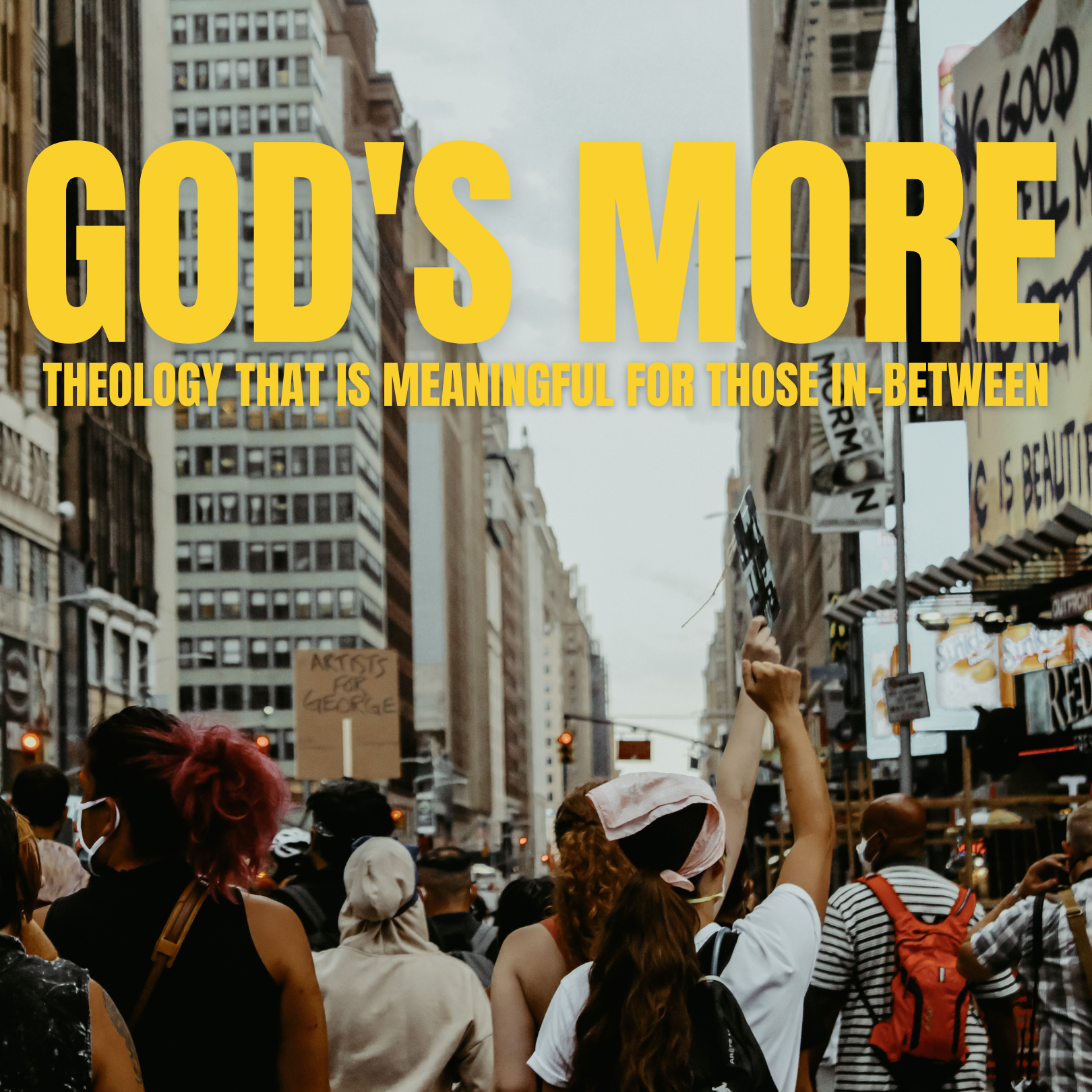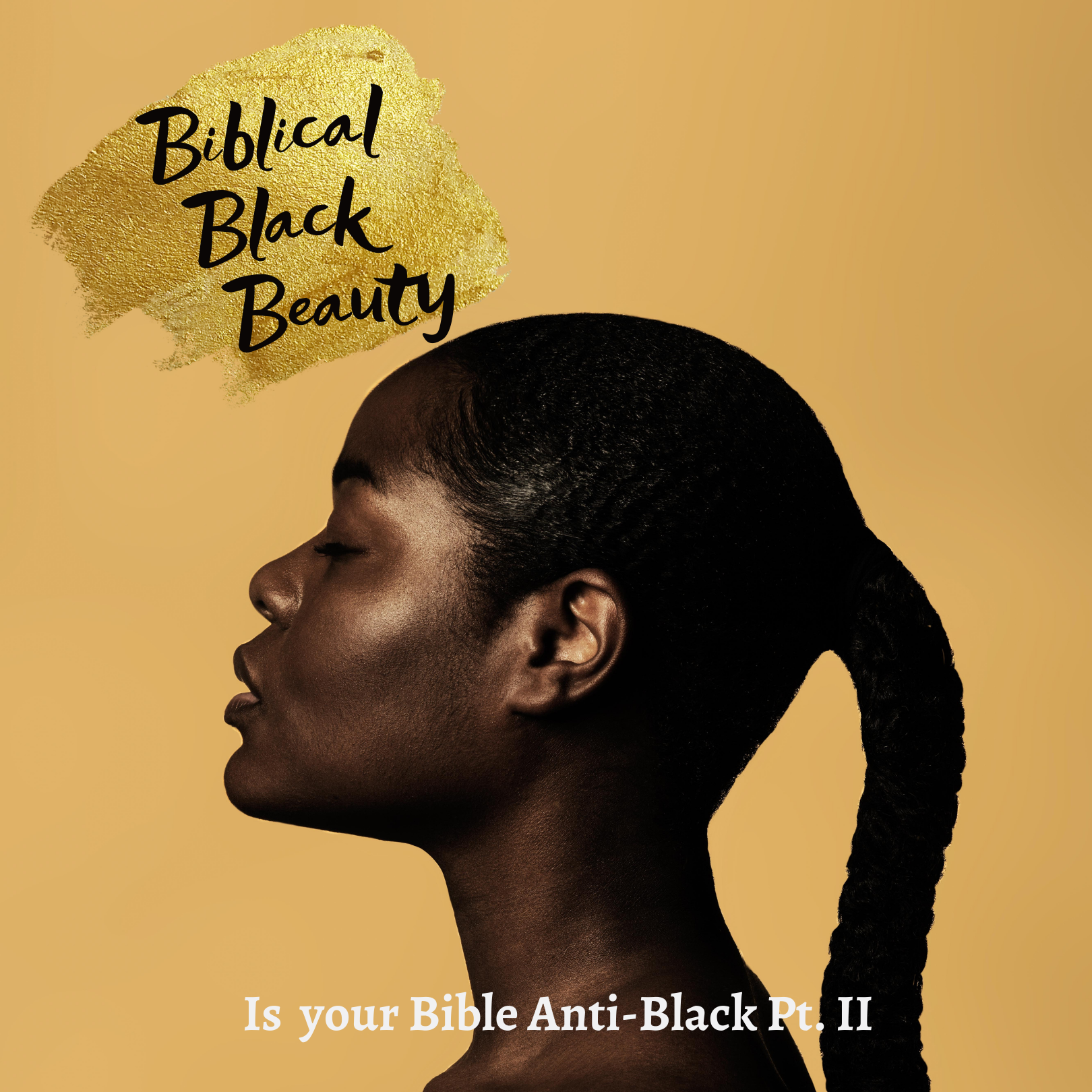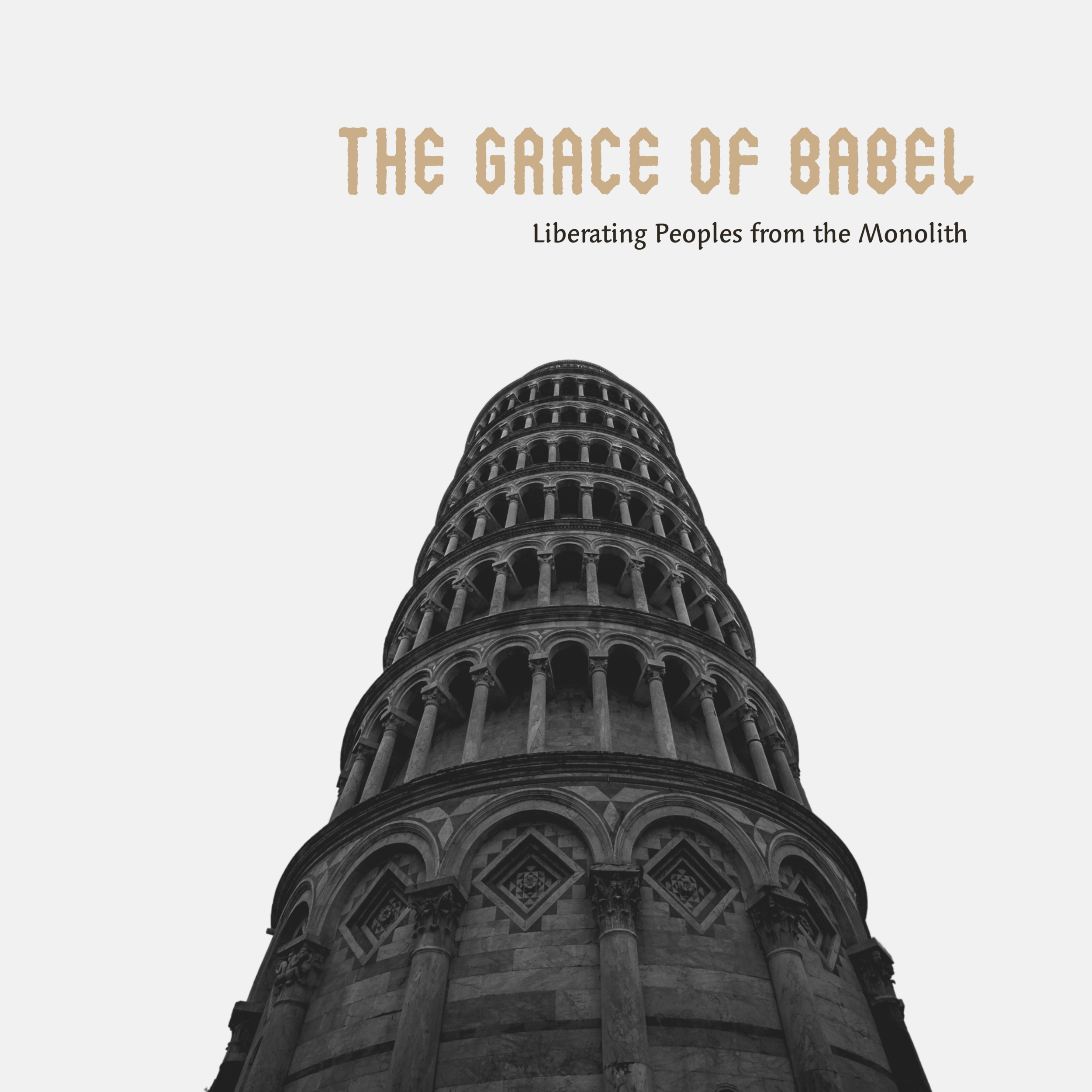Taking Off Ropaje Anglosajón
This month we are featuring two pieces by student writers who are engaging theologically with their cultural identity. We are thrilled to give platform to these up and coming voices who will surely shape the trajectory of the mestizo church. -The Editors
I sensed a call to ministry from very early in my life, although I had no idea what that meant. Hoping to find clarity about this calling, I moved from Costa Rica to the United States to attend Bible college. Among all the options that crossed my mind about what ministry would look like, being a theologian was never one of them, mainly because I had never heard of Latinos doing theology. Until this point in my life, the only theologians I had heard about were American or European, so I subconsciously assumed they were the only people with something worth saying in this area. When during my first semester, a professor told a group of Latino students and me that Latinos in theology were not saying anything white people haven’t said before, I felt like I had no option but to believe him. Then, I came across The Story of Christianity by Justo González in my Christianity and Western Culture class. In a meeting where I expressed my surprise and joy at seeing a Latino name among my reading list for the semester, my (non-Latino) professor was the first person to tell me about the valuable voice of Latinos in theology. He encouraged me to find my voice in this theological legacy and recommended I started this journey reading González’s Mañana.
Mañana was written in English, but this was theology in a language that I was able to understand more than just cognitively; it was theology con sabor Latino. After two years in Bible college, I was not sure I wanted to be a Christian anymore. I could understand English perfectly, yet I was learning about God in a foreign language I could not grasp. The Euro-American theological language offered me dichotomies and neatly organized categories that didn’t resonate with the faith I had inherited - a faith that didn’t fit into the complementarian versus egalitarian or Arminian versus Calvinist debates. Recovering my faith meant going back to my theological hogar to sit with my theological foremothers and forefathers and discover the rich well of theology the Latino community has to offer.
Mañana was the starting point of my journey back to my theological home. To my surprise, the next stop in this pilgrimage was a look into the Catholic roots of Latin American Christianity (an unexpected place to begin as an evangélica). I wrestled through the role of the church in colonization and the pain my Spanish ancestors inflicted upon my indigenous ancestors, all in the name of Christ. In this, I discovered the second church that formed shortly after the arrival of the colonizers. In the 16th century, this second church was led by people like Antonio de Montesinos and Bartolomé de las Casas. These Spanish missionaries devoted their lives to the true gospel that protected the dignity of the indigenous peoples, even when this meant being persecuted and rejected by the church of the hierarchy. In the following century, the mestiza Sor Juana Inés de la Cruz spent her life educating herself in theology, philosophy, literature, and more, becoming “the first Latina feminist intellectual and theologian of the Americas.”[1] Sor Juana was forced to write a statement of repentance for her views a few years before her death, but not satisfied with that, those in the church of the hierarchy that felt threatened by the truth she spoke, suppressed her works for three hundred years.[2]
Later, in the 20th century, we encounter the birth of liberation theology in 1968. This movement that has expanded and adapted to contexts outside of Latin America has as its hermeneutical hinge the perspective of the poor. In other words, liberation theology is concerned with providing pastoral and theological answers to the issues of injustice and oppression that riddle this world. Liberation theology is deeply concerned with the historical dimension of salvation, with how Christ’s salvation is reflected in the here and now through material liberation.
The next stop on my journey opened the door to a movement within the iglesia evangélica, the tradition I call home. With similar concerns to those of liberation theology but from an evangélica perspective, the Fraternidad Teológica Latinoamericana (FTL) was formed in the 1970s. The theologian Ruth Padilla DeBorst explains that the founders of the FTL “were people who sought to remain faithful to Scriptures and, at the same time, incarnated in the Latin American socio-political reality.”[3] The FTL proposed a vision of misión integral (holistic mission), a practice that “integrates the proclamation of the Kingdom of God and its justice with the demonstration of its presence in history through the action carried out by the people of God.”[4] In this way, misión integral offers a paradigm that transcends the false dichotomy of gospel proclamation versus the pursuit of justice and liberation for all people.
One of the challenges I faced during my first year learning theology in a different language was the repeated message I received from several of my professors who believed true theology is not affected by or even concerned with life experiences. In other words, they proclaimed there was such a thing as universal theology, while every other expression of theology that considered the experiences of people was a contextual theology. Justo González explains that in this framework, “North Atlantic male theology is taken to be basic, normative, universal theology, to which women, other minorities, and people from the younger churches may add their footnotes.” He adds, “White theologians do general theology; black theologians do black theology. Male theologians do general theology; female theologians do theology determined by their sex.”[5] On my journey back to my theological hogar, I found Latino theologians recognize that, in fact, all theology is contextual, and so they seek to faithfully honor their contexts by producing theology that speaks to and from them.
Padilla DeBorst argues that the radical evangélicos of the FTL, “…recognized the need to differentiate between biblical content and the ropaje anglosajón (anglo-saxon clothing) in which North-Atlantic versions of the Gospel were wrapped and exported to the rest of the world.”[6] The journey to recover my faith led me to evaluate the ropaje anglosajón I had been trying to fit into. This process of evaluation was the second of the three conversions Orlando Costas identified in his own spiritual journey. Costas’ first conversion was when he first came to saving faith in Christ, the second when he rediscovered his Latino cultural roots, and the third when he experienced a “conversion to the world” that led him to become an advocate for justice and to work towards a holistic theology that would account for the necessity these three conversions.[7] My third conversion began when I found my calling in the academic practice of theology. I found my hogar in the legacy of Latinos who have been doing theology for over 500 years, and I am humbled and honored to join this “great cloud of witnesses” from de las Casas and Sor Juana to Ruth Padilla and the FTL. I will not pursue a supposedly universal theology that speaks a language I cannot comprehend, but a contextual, specifically Costa Rican theology, a theology con sabor Latino, which is what we, Latinos in theology, have been doing desde hace rato.[8]
About Wendy Cordero rugama
Wendy is a Costa Rican theology student and WOS Instructional Designer. Her life in the US has brought her to reflect more deeply on issues of race, gender, and Latinidad. Wendy is passionate about studying how theology impacts all areas of life, especially through its intersections with the social sciences. She hopes to become a theology professor and, through that, build bridges between the academy and the church, inviting students to do scholarship embedded in their particular places.
Footnotes
[1] Chao Romero, Robert. Brown Church: Five Centuries of Latina/o Social Justice, Theology, and Identity. IVP Academic, 2020. 97
[2] Ibid. 97
[3] Padilla DeBorst, Ruth. Integral Mission Formation in Abya Yala (Latin America): A Study of the Centro de Estudios Teologícos Interdisciplinarios (1982-2002) and Radical Evangélicos, 2016. Boston University, PhD dissertation. 29
[4] Padilla, René qtd in Padilla DeBorst. 54
[5] González, Justo L. Mañana: Theology from a Hispanic Perspective. Abington Press, 1990. 52
[6] Padilla DeBorst. 45
[7] Escobar, Samuel. “The Legacy of Orlando Costas.” International Bulletin of Missionary Research, 2001. 50.
[8] For a long time.




